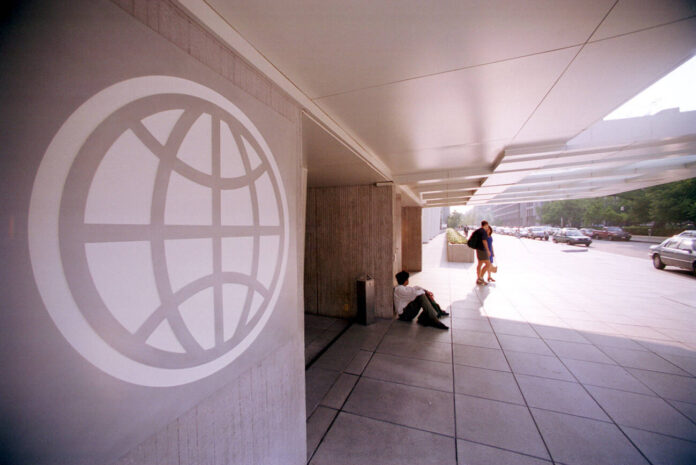The World Bank has called on developing countries and their lenders to adopt stricter debt reporting standards to reduce the risk of future financial crises.
In a report released Friday, the Bank said more countries are entering complex, off-budget borrowing arrangements due to global market disruptions, and that stronger transparency is needed to prevent hidden debt from destabilizing economies.
“When hidden debt surfaces, financing dries up and terms worsen,” said Axel van Trotsenburg, World Bank senior managing director. “Radical debt transparency, which makes timely and reliable information accessible, is fundamental to break the cycle.”
The World Bank is pushing for legal and regulatory reforms that require public disclosure of new loan contracts. It also recommends that countries publish more detailed data at the loan level, conduct regular audits, and disclose debt restructuring terms.
Creditors, the report said, should open their loan and guarantee records to improve clarity.
The Bank is also seeking better tools for global institutions to identify misreporting in official data. While more than 75% of low-income countries now report some debt information, up from below 60% in 2020, only 25% disclose loan-by-loan data.
The report noted a rise in complicated financial arrangements, including central bank swaps and collateralized borrowing, which make tracking debt harder. It cited examples such as Senegal’s use of private debt placements during negotiations with the International Monetary Fund over earlier misreporting.
Cameroon and Gabon have also used similar “off-screen” transactions.
Angola recently faced a $200 million margin call after a drop in its bond prices, and Nigeria disclosed in early 2023 that part of its foreign exchange reserves were tied up in complex contracts made by previous central bank leadership.
The World Bank said that broader and deeper loan-level disclosures would help the international community understand the full extent of public debt exposure.























